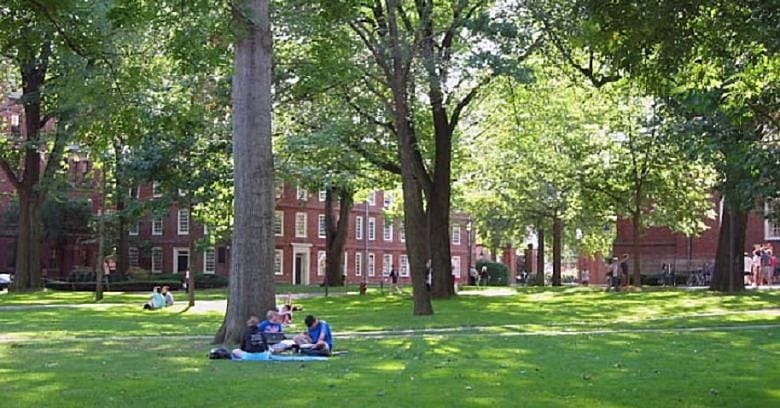Harvard upstarts fall short in Board of Overseers vote

CAMBRIDGE – Five candidates for Harvard University's Board of Overseers who campaigned on a platform calling for free tuition and making admissions more transparent have come up short.
On Monday, Harvard announced the five winning candidates who emerged from a field of 13. The new members include the president of CVS Health's pharmacy unit and a federal judge in Washington.

